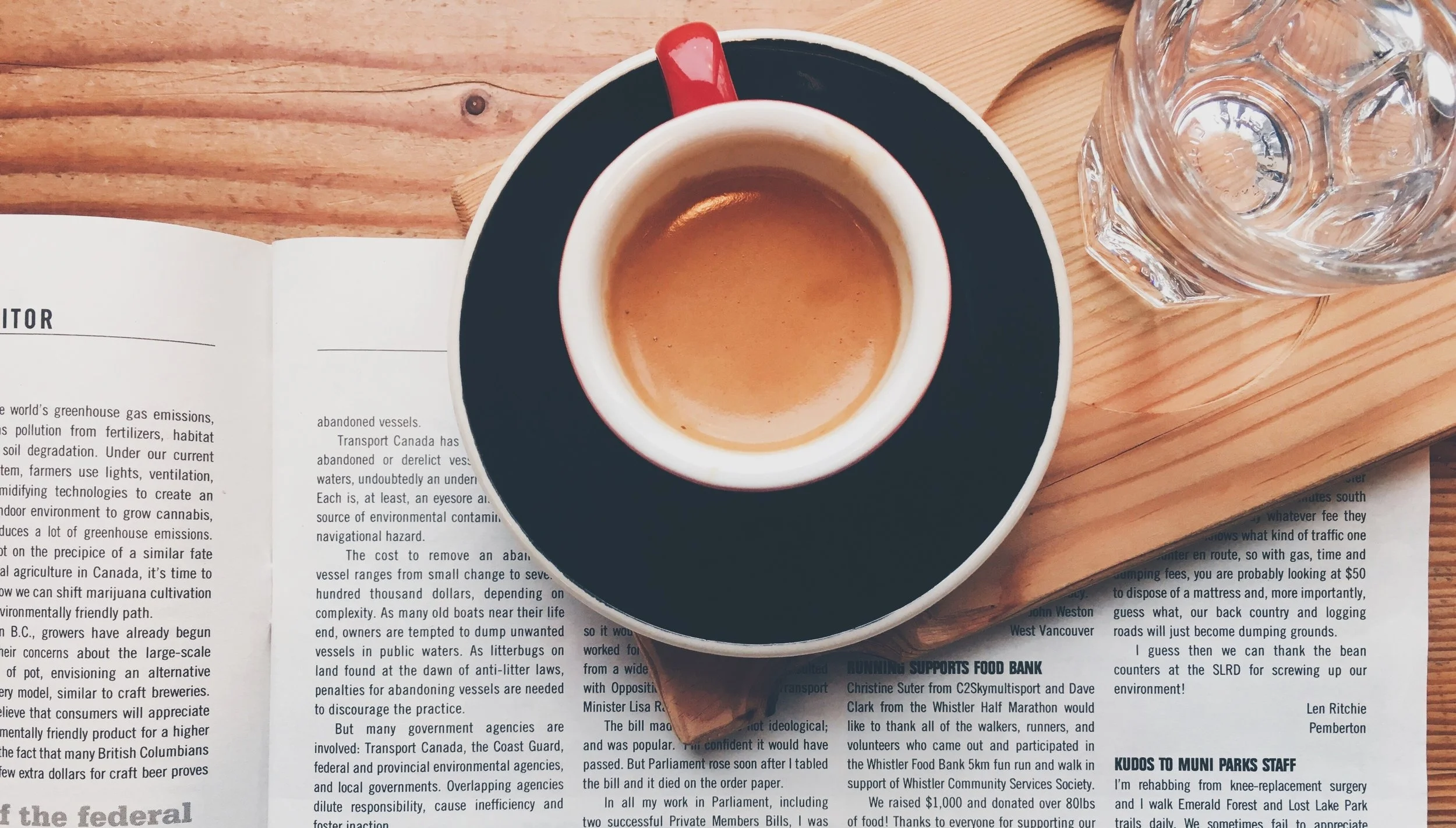Living Mindfully in a Chaotic World
How can we find peace in a world that seems anything but?
Have you ever experienced the kind of morning where you wake up to upsetting news and find it difficult to put one foot in front of the other, let alone to take care of yourself? From the latest political upset to news reports of violence to yet another allegation of sexual abuse, there seems to be an endless flow of anxiety-inducing information.
Here’s the good news: There are ways to implement practices to feel grounded, strong and calm, even in the face of triggering headlines. Neuroscience research suggests that we have the ability to strengthen ourselves and engage with the world in an aware, self-preserving fashion.
As a trauma therapist, one of the most important elements in helping people feel better is teaching clients how to access their strengths, power, and abilities.
Our brains and bodies have the ability to reprogram themselves each and every day. In light of the world we live in and the current events that constantly leave us rattled, I invite you to take an active stance in self-caring for your mind, body, and spirit. By learning ways to tune inwards, you can build mental and physical strength.
Here are some tips:
MINDFULNESS: Mindfulness is the practice of moment-to-moment awareness of one’s experience without judgment. You can do this by simply slowing down as you walk outdoors, drink your morning coffee or trace the lines in the center of your palm. Mindfulness promotes well-being and strengthens one’s capacity to experience clarity and concentration. If you read a headline that makes you feel unsettled, take a moment to notice your thoughts and feelings with a gentle and accepting stance, as opposed to trying to avoid or distract.
BE MINDFUL OF WHAT YOU INGEST: Just as we are mindful about what we put into our bodies, ensuring that we eat nutritious foods and cook healthy meals, I’d like you to be mindful of how much you are watching and reading the news, allowing yourself to be “fed” by the media. A national survey conducted by the Harvard School of Public Health and the Robert Wood Johnson Foundation proved that listening, reading or watching the news causes high levels of anxiety and increased stress to your nervous system.
When the nervous system gets activated, we can get stuck in “hyperarousal,” leading us to feel irritated, moody and anxious. Consider what it would be like to let your phone take the back burner when it pings, alerting you of the latest news. You may not be “Queen Know It All” but you will be “Queen Calm,” and that is a lot more valuable.
BALANCE WORK AND PLAY: People who engage in playful activities have more activity in the “feel good center” of the brain, leaving them to feel happier, lighter and calmer. Take some time in your day to get out of your head and engage in some play; take a fun exercise class with a friend, pull out a fun family game, do an art project, the possibilities are endless. And make sure it’s as phone-free as possible.
PRACTICE GRATITUDE AND SELF-COMPASSION: According to the Greater Good Science Center, when we practice gratitude, optimism and self-compassion, the neurons in our brain form more connections, allowing the brain to grow stronger. Make the practice of gratitude part of your daily routine, and your brain and body will thank you. Just writing a quick list of things you are grateful for can cause a favorable shift in your brain chemistry.
PRIORITIZE RELATIONSHIPS AND COMMUNITY: A secure sense of connection with caring people is the foundation of personality development. A recent Harvard study echoes this point by proving that your level of happiness is directly connected to your sense of belonging and how safe you feel in your relationships. In our busy world, we can so easily get swamped with work and the hecticness of the daily work/life balance. By making sure to invest time in connecting with others, we strengthen ourselves. Our nervous systems get stronger when we have adequate support and receive nurturing.
If you’re ready to take a step to better daily living, I encourage you to practice some of the above suggestions; prioritize your focus and strengthen the connections that are important. Commit to daily practices of self-care and you will be contributing to a safer world. Even in a world of chaos and disturbing headlines, it is possible to create calm by practicing mindful living.
May we continue to embrace challenge with triumph, use tribulations to support one another and raise our inner voices from a place of calmness and ease.
**written originally for TheLayersProjectMagazine.com by Esther Goldstein LCSW

